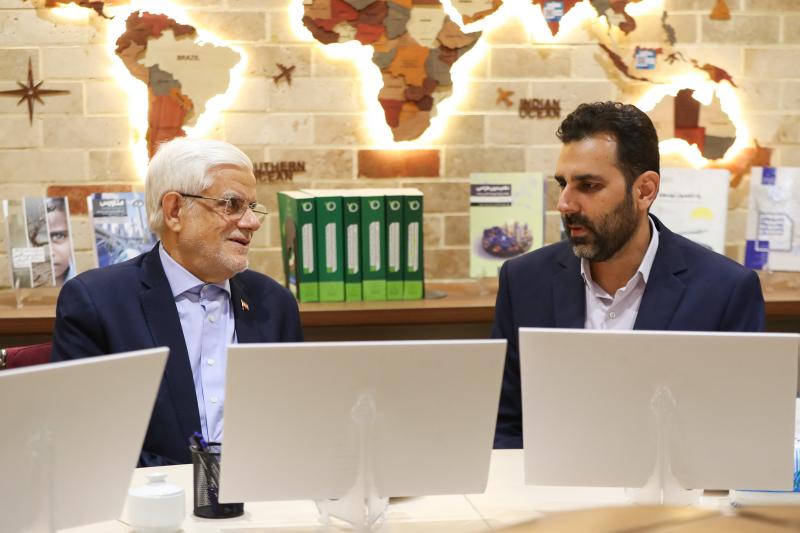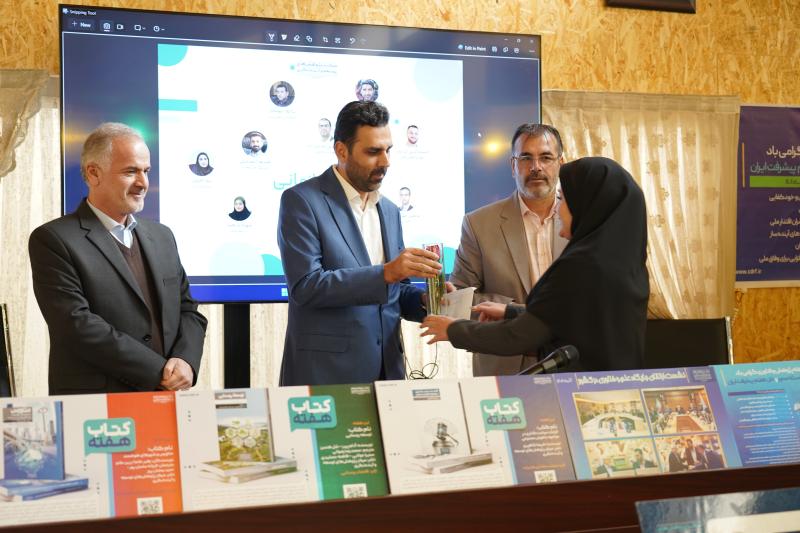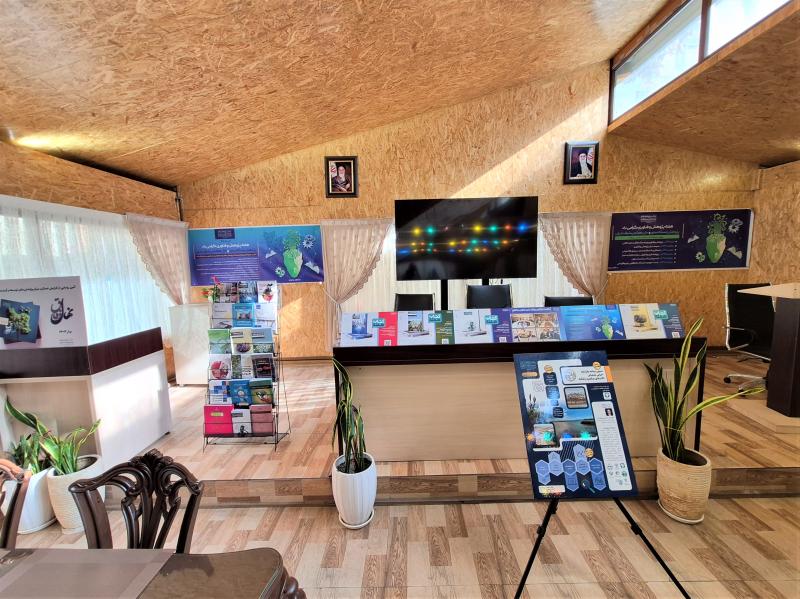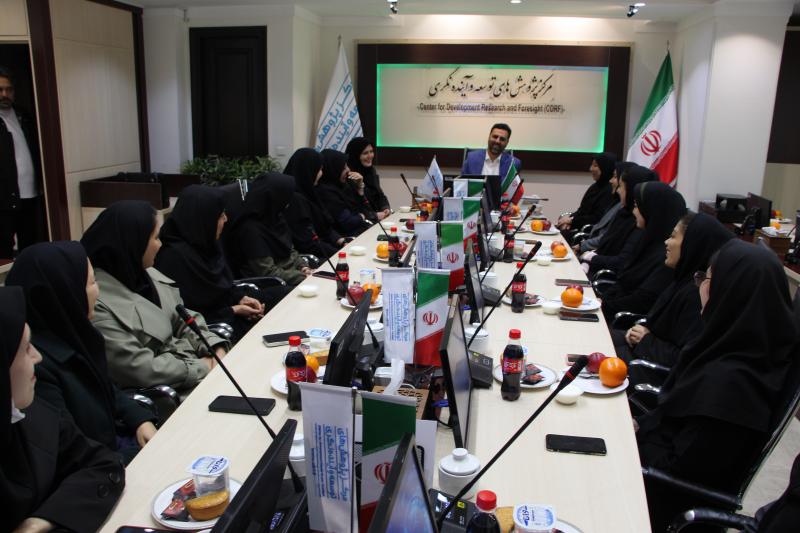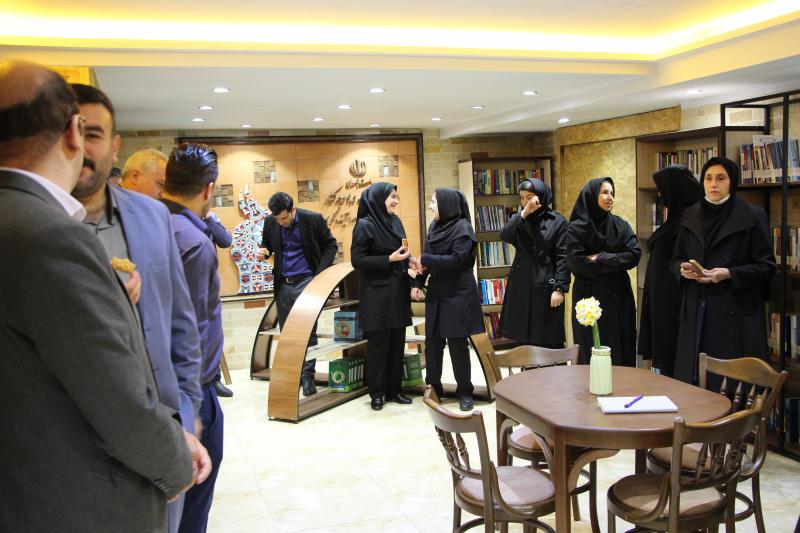
-
بررسی آییننامهها و دستورالعملهای برنامه هفتم پیشرفت
-
بررسی عوامل موثر بر افزایش تصادفات و تلفات جادهای و سوانح رانندگی و دادهکاوی تلفات انسانی
-
سازماندهی و بازآرایی فضایی آموزش عالی کشور
-
به روز رسانی سند ملی آمایش سرزمین
-
انجام مطالعات مناطق آزاد به عنوان نواحی پیشران اقتصادی کشور
-
اصلاح ساختار بودجه و پیاده سازی نظام یکپارچه مدیریت اطلاعات مالی دولت (IFMIS)
کلید واژه : WHO
تعداد اخبار : 18
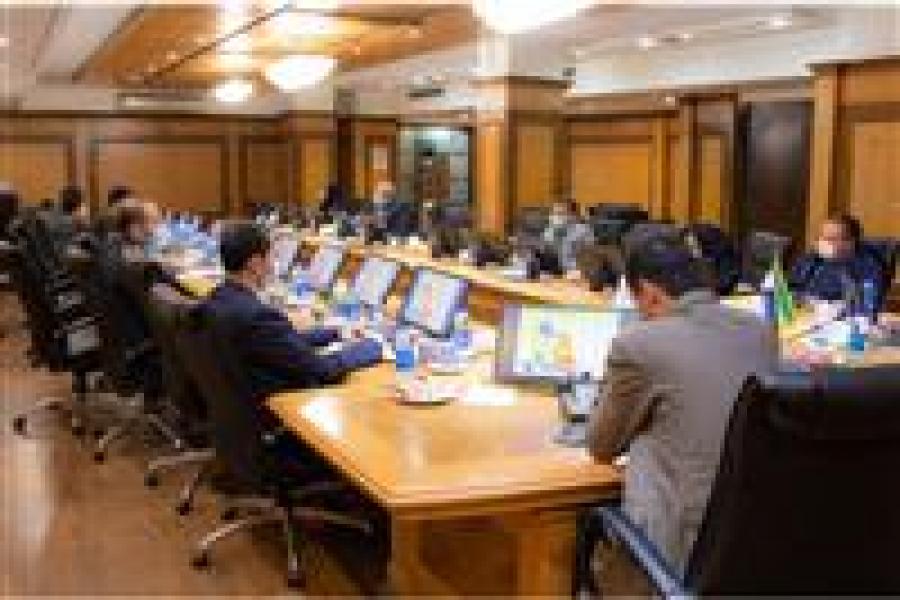
لزوم رعایت ملاحظات آمایش در اجرای طرح جهش تولید و تأمین مسکن
به گزارش روابط عمومی مرکز، گروه پژوهشی آمایش سرزمین مرکز پژوهش های توسعه و آینده نگری به عنوان میزبان نشست «ملاحظات آمایش در اجرای طرح جهش تولید و تأمین مسکن» در ابتدای این نشست تخصصی، ضمن بیان ارائه ای از محتوای سند ملی آمایش سرزمین در ارتباط با طرح تولید و تأمین مسکن، اولویت های سه گانه ای را درخصوص استقرار جمعیت در پهنه سرزمین با توجه به ملاحظات آمایشی مطرح نمود 
سرپرست دفتر نشر منابع علمی منصوب شد
جناب آقای محمدرضا رضایی به عنوان سرپرست دفتر نشر منابع علمی مرکز پژوهش های توسعه و آینده نگری منصوب شد 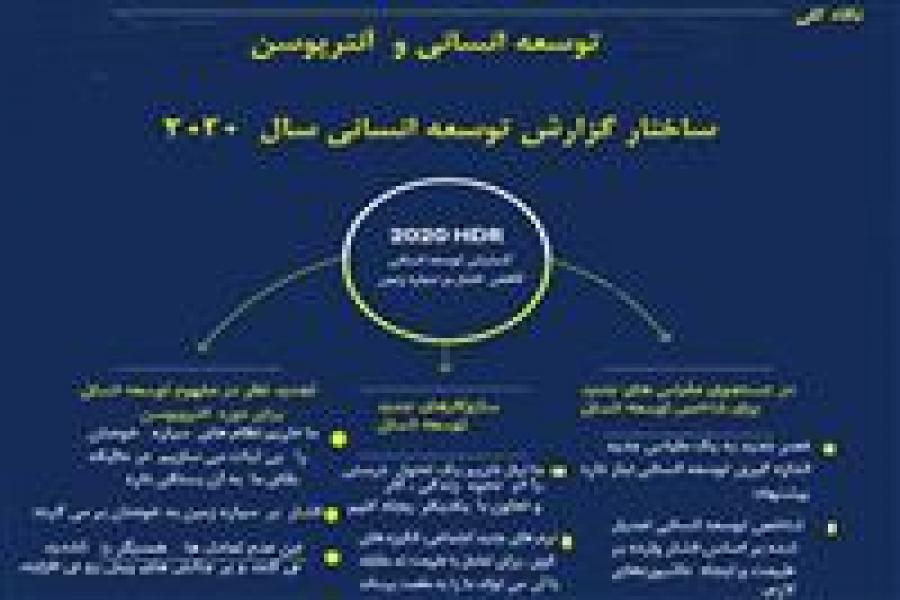
نکات مهم و برجسته در گزارش توسعه انسانی ملل متحد، ۲۰۲۰ تهیه و تنطیم: دکتر یداله ابراهیمی فر
در دهه های گذشته مقایسه کشورها از نظر توسعه اقتصادی و انسانی براساس میزان تولید ناخالص داخلی یا سرانه تولید صورت می گرفت. با تلاش های علمی دو چهره سرشناس جهانی (محبوب الحق و آمارتیا سن) در زمینه مسائل توسعه انسانی، شاخص توسعه انسانی به جهان معرفی گردید. شاخص توسعه انسانی یک شاخص ترکیبی است که با سه متغیر، امید به زندگی، تحصیل سواد و تولید ناخالص سرانه که مرتبط با کیفیت زندگی انسان هستند، ساخته شده است. 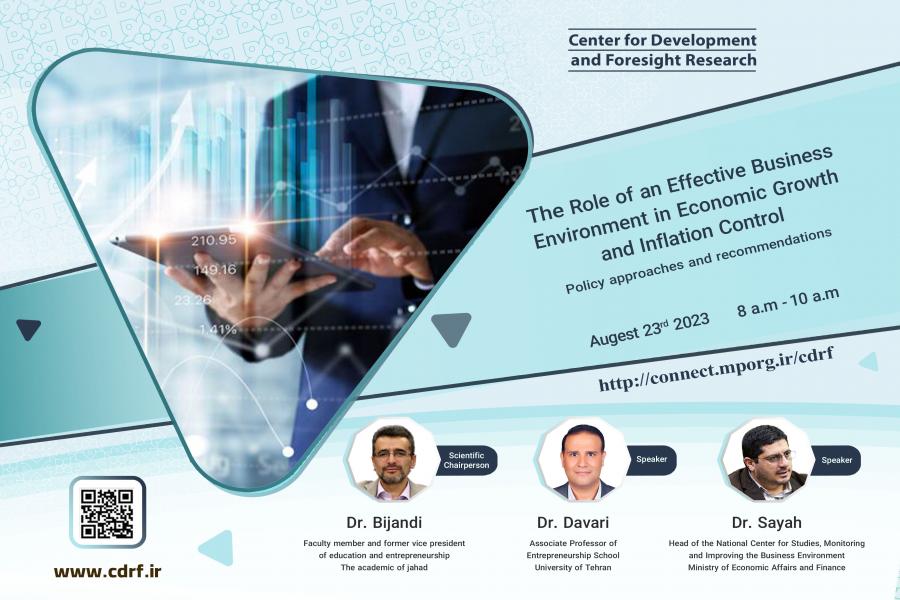
The Role of an Effective Business Environment in Economic Growth and Inflation Control: Approaches and Policy Recommendations
The specialized conference titled “The Role of an Effective Business Environment in Economic Growth and Inflation Control: Approaches and Policy Recommendations” was recently held. The conference was attended by several notable figures, including Dr. Mohammad Sadegh Bijandi, a former member of the academic board and deputy of education and entrepreneurship of the Academic Center for Education, Culture, and Research, who served as the scientific director. Other attendees included Dr. Ali Davari, an associate professor of entrepreneurship at the University of Tehran, and Dr. Amir Sayyah, the head of the National Center for Business Environment Studies, Monitoring, and Improvement of the Ministry of Economic Affairs and Finance, who both served as scientific speakers. The conference aimed to discuss approaches and policy recommendations for creating an effective business environment to promote economic growth and control inflation..jpg)
Mass housing is the public demand from the government.
The scientific-specialized meeting entitled "Strategies for addressing the Housing Supply Crisis" was held with the presence of Mr. Rouhollah Akbari, Special Assistant to the Minister and Secretary of the Committee of Housing of the Ministry of Roads and Urban Development, as the scientific director, Dr. Mohammad Hossein Sharifzadegan, Professor at Shahid Beheshti University and former Minister of Welfare and Social Security, and Dr. Abolfazl Norouzi, Advisor to the Minister and Director General of the Housing Economy Office of the Ministry of Roads and Urban Development, as speakers..jpg)
Agricultural Sector Achieves Significant Growth, but Challenges Remain
The scientific conference titled "The Role of Balancing Production and Consumption of Agricultural Products in Controlling Inflation" underscored the significance of food security and self-sufficiency. It emphasized the urgency to augment investment in the agricultural sector and the imperative to establish a comprehensive production chain for agricultural products..jpg)
Public-Private Partnerships in Land Development: Key Figures Discuss Pressing Issues
In the specialized conference titled "The Model of Public-Private Partnership in Land Development", it is stated that Public-Private Partnerships (PPPs) are essential for meeting the world's infrastructure needs, but face challenges such as financing, maintenance, and planning. Governments play a crucial role in PPPs by fostering a collaborative environment, building capacity, and providing transparent policy-making and necessary financial resources. In Iran, PPPs are still in their early stages, and the government needs to address challenges such as lack of interest from executive agencies and absence of a comprehensive approach.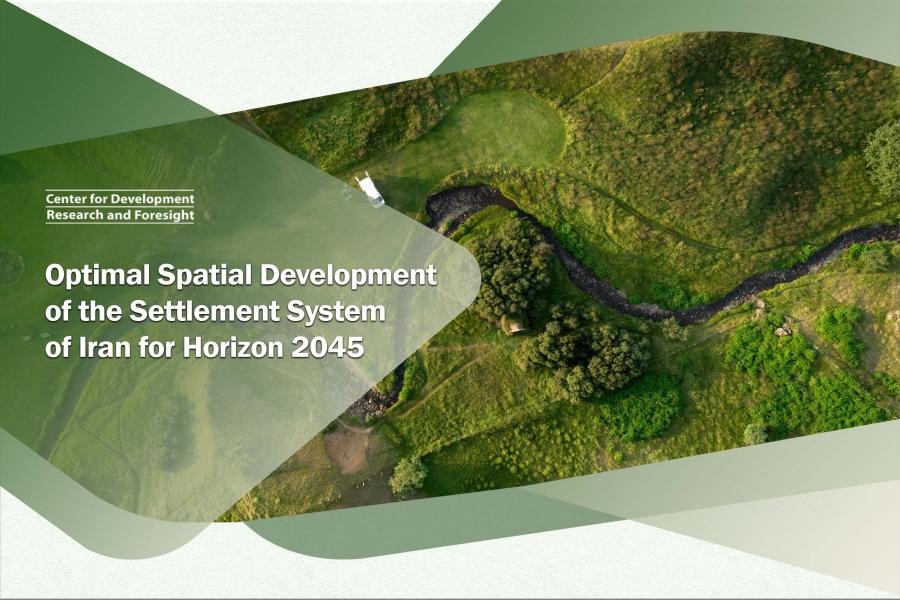
Optimal Spatial Development of the Settlement System of Iran for Horizon 2045
Space is the domain where all economic, political, social, and cultural relations of humans and the platform for all human activities are manifested and transformed. This domain is influenced and shaped by geographical, cultural, economic, and social characteristics and conditions. Throughout history, human civilizations have resulted in the formation of a specific type of space and settlement system organization of different ethnic groups and nations with diverse origins. However, these transformations, which occurred very slowly in the past, have had a very rapid and significant impact on spatial effects in recent centuries.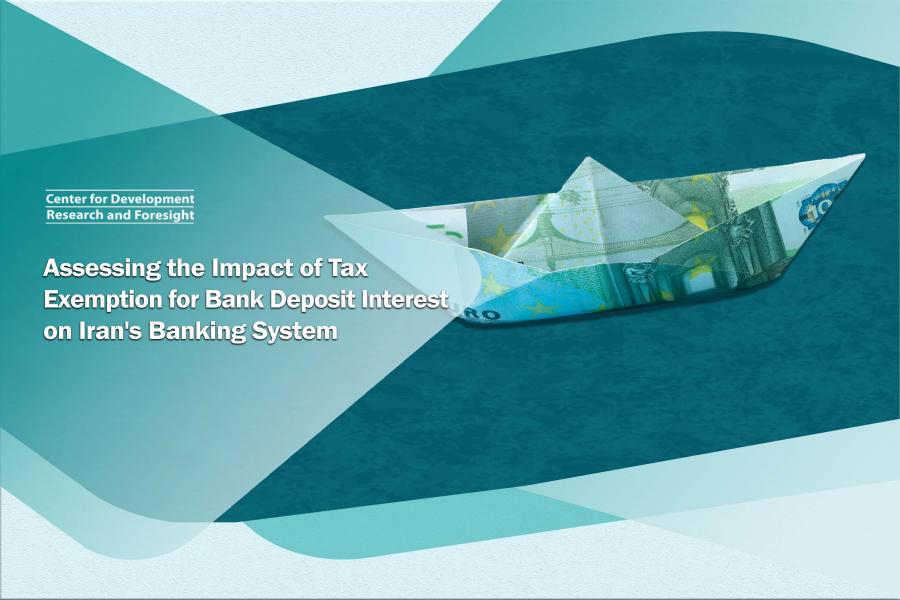
Assessing the Impact of Tax Exemption for Bank Deposit Interest on Iran's Banking System
The exemption of bank deposit interest from taxation within Iran’s financial system is a topic of considerable debate in this field. This research investigates whether the tax on deposit interest should be regarded as an integral component of the tax system or if it should continue to be exempt. Addressing this question, which forms the crux of this study, necessitates a comprehensive review of tax literature, the structure of Iran’s tax system, and its economic, social, and political conditions. This research adopts a three-step approach to address the issue of exempting bank deposit interest from taxation.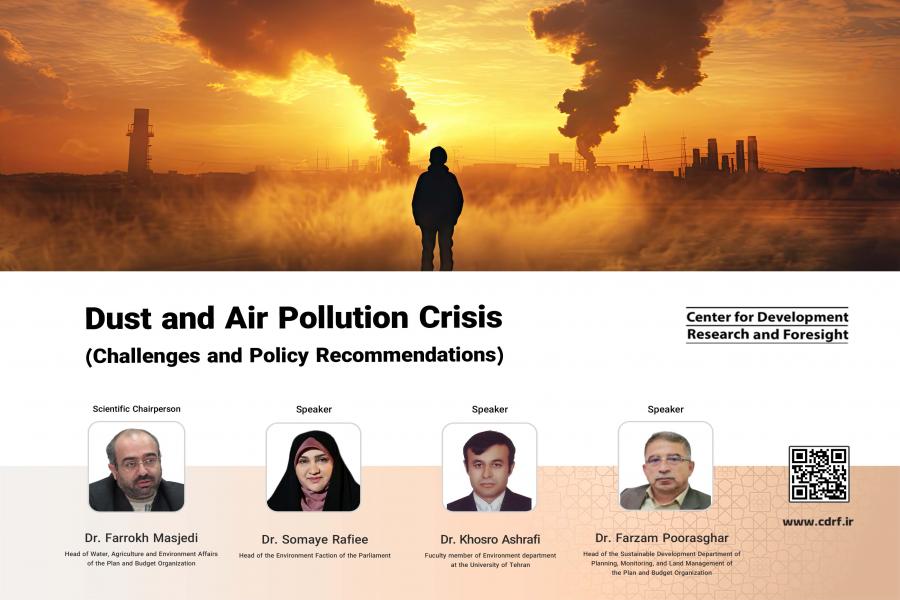
Dust and Air Pollution Crisis
The phenomenon of airborne dust particles as pollutants has detrimental implications for regions exposed to it. The challenges posed by dust and sandstorms are manifold, including weak environmental diplomacy in addressing transboundary environmental risks, overlapping responsibilities of government agencies, the growth of domestic dust emission sources influenced by deficiencies in water resource management, a lack of understanding of the interconnectedness of gradual disasters such as drought, desertification, land degradation, and dust storms, and the adoption of reactive rather than proactive approaches.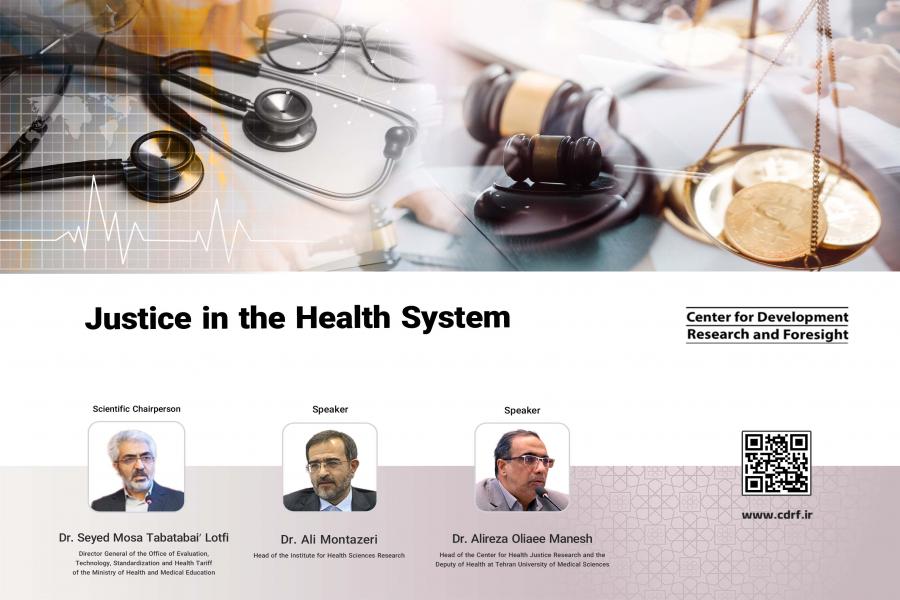
Justice in the Healthcare System
In the realm of healthcare, justice signifies equal access to healthcare services for all individuals. Key indicators for evaluating justice in health include justice in distribution, payment, access, and financial provision. Health equality entails implementing policies and allocating resources in a manner that individuals with fewer resources and those facing deprivation and discrimination (due to factors such as race, gender, age, disability, or income) experience significant improvements in their health and quality of life.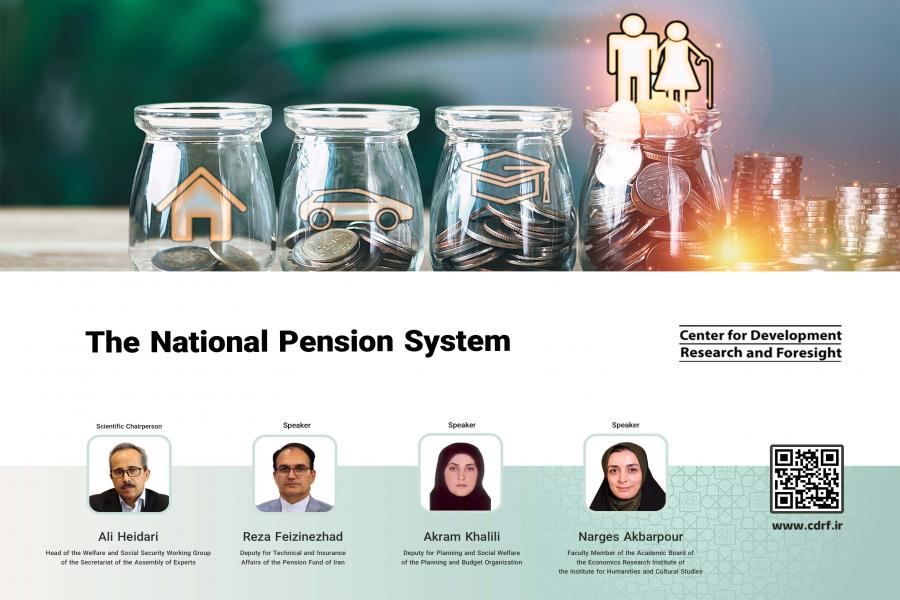
Country’s Retirement System: Challenges and Policy Recommendations
In the conference at the Center for Development Research and Foresight titled “Country’s Retirement System: Challenges and Policy Recommendations”, it is stated that Iran's retirement system is facing a number of challenges, including demographic changes, economic instability, and inadequate coverage for informal sector workers. The government is considering reforms to address these challenges, such as increasing the retirement age, limiting early retirement, and reducing the rate of pension accrual. However, some experts are concerned that these reforms may not be enough to save the system in the long run.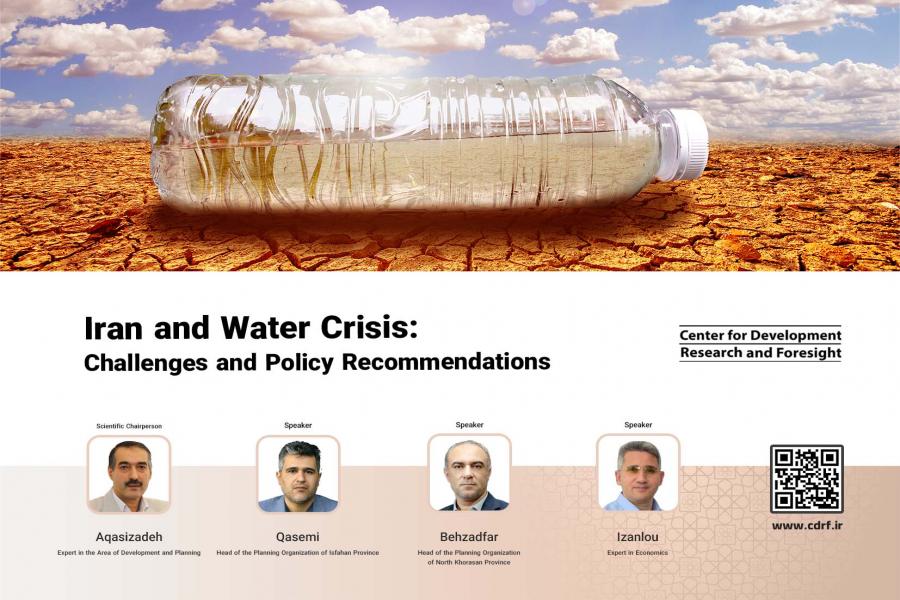
Iran's Water Crisis: A Looming Threat, Experts Warn
Iran's water crisis, long simmering beneath the surface, has reached a boiling point, according to experts who gathered at a conference titled “Iran's Water Crisis: A Looming Threat, Experts Warn” at the Center for Development Research and Foresight. The conference brought together leading figures in planning, development, economics, and water resource management to discuss the challenges and potential solutions to this pressing issue.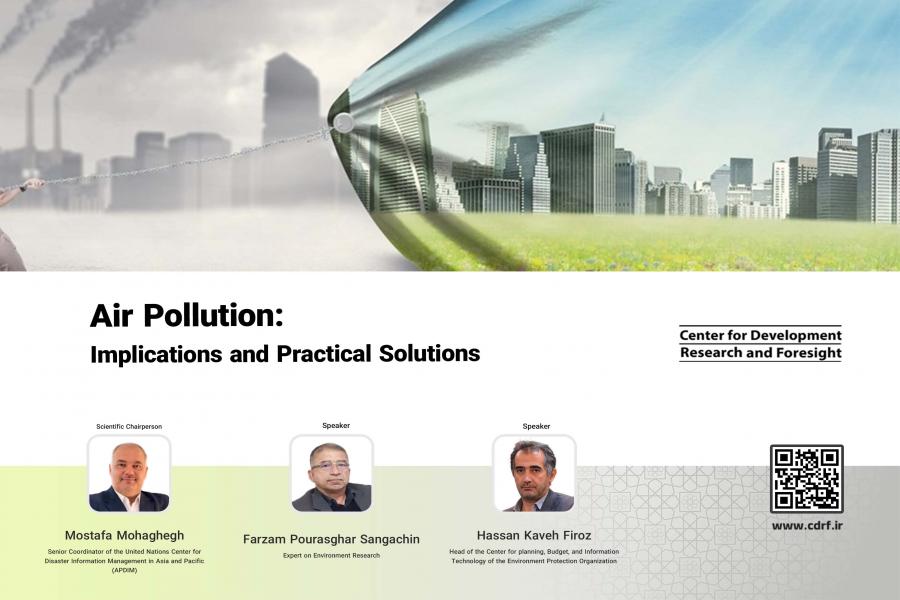
Air Pollution: Challenges and Operational Solutions
Air pollution is a major threat facing the world today, with millions of deaths attributed to it each year, according to experts who convened at the scientific-specialized conference titled "Air Pollution: Challenges and Operational Solutions" at the Center for Development Research and Foresight.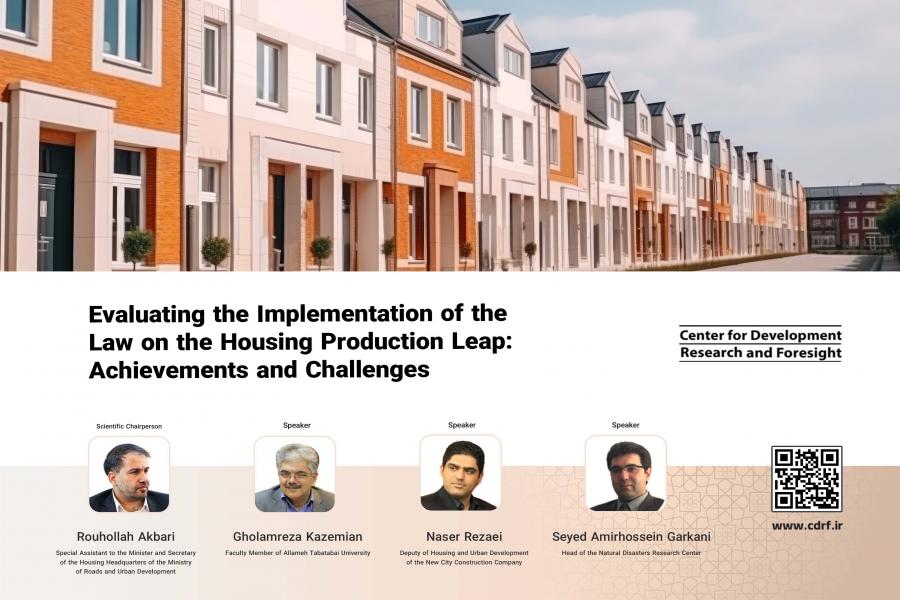
Evaluating the Implementation of the Law on the Housing Production Leap: Achievements and Challenges
In a recent conference titled "Evaluating the Implementation of the Law on the Housing Production Leap: Achievements and Challenges" hosted by the Center for Development Research and Foresight (CDRF) it has been an enlightening debate surrounding the effectiveness of the Law on Housing Production Leap..jpg)
SMEs and Strategies to Overcome Barriers: The Role of Strategically-Aligned and Geographically-Proximate Countries
An international meeting held on April 24, 2024, at the Center for Development Research and Foresight, brought together experts to discuss the importance of small and medium-sized enterprises (SMEs) for economic growth and job creation, with a particular focus on the role of strategically-aligned and geographically-proximate countries. The meeting, titled "SMEs and Strategies to Overcome Barriers: The Role of Strategically-Aligned and Geographically-Proximate Countries," was led by Aidin Salamzadeh, the vice dean of the faculty of business management at the University of Tehran, who welcomed professor Galina Shirokova, the director of the Center for Strategic Entrepreneurship at HSE University of Saint Petersburg, Morteza Mohammadi Zanjireh, a faculty member at Imam Khomeini International University, and 17 university professors from St Petersburg University, Moscow State University, University of Calgary, and University of Notre Dame. 
The 201st Expert Scientific Meeting of the Center for Development Research and Foresight (CDRF) was held.
According to the Public Relations Office of the CDRF, the eleventh session of the series entitled “The Future Outlook of Iran” and the 201st meeting of the CDRF was held under the title “A Critical Assessment of the Vision of the Islamic Republic of Iran in the Horizon of 1404 AH.”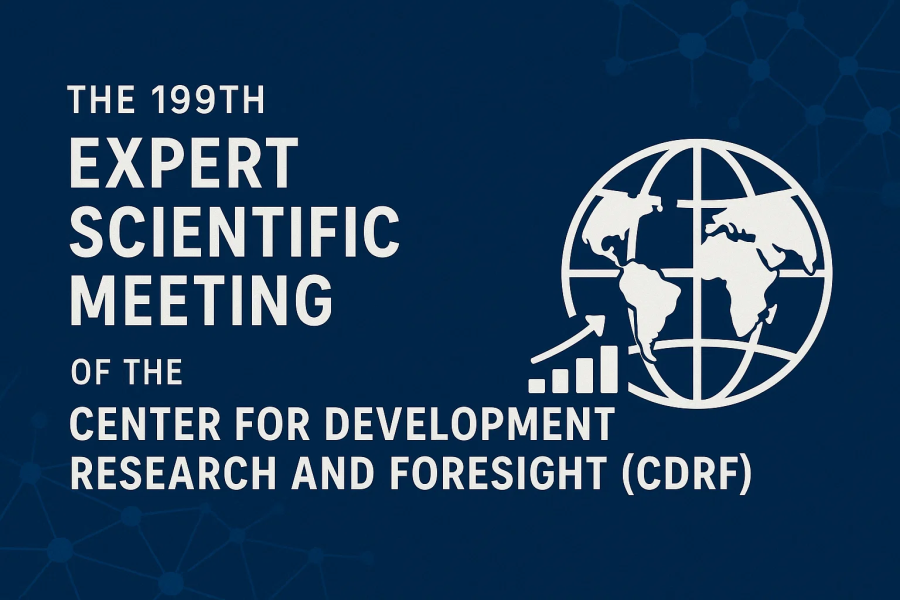
The 199th Expert Scientific Meeting of the Center for Development Research and Foresight (CDRF) was held.
According to the Public Relations Office of the CDRF, the ninth session of the series entitled “The Future Outlook of Iran” and the 199th expert scientific meeting of the CDRF was held under the title “Agriculture in the Vision of the Islamic Republic of Iran.”
امروز : سه شنبه، ۲۸ بهمن ۱۴۰۴

